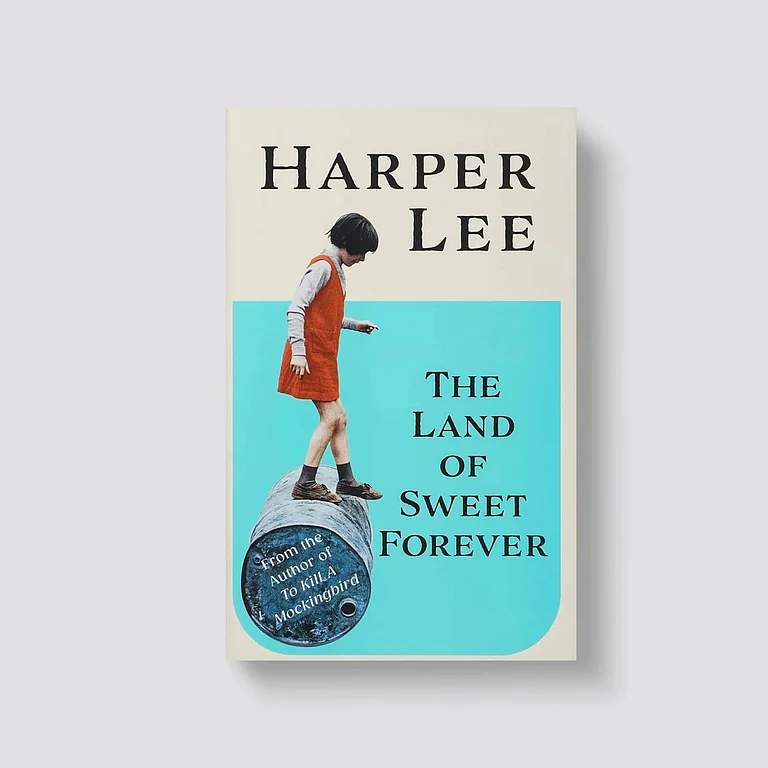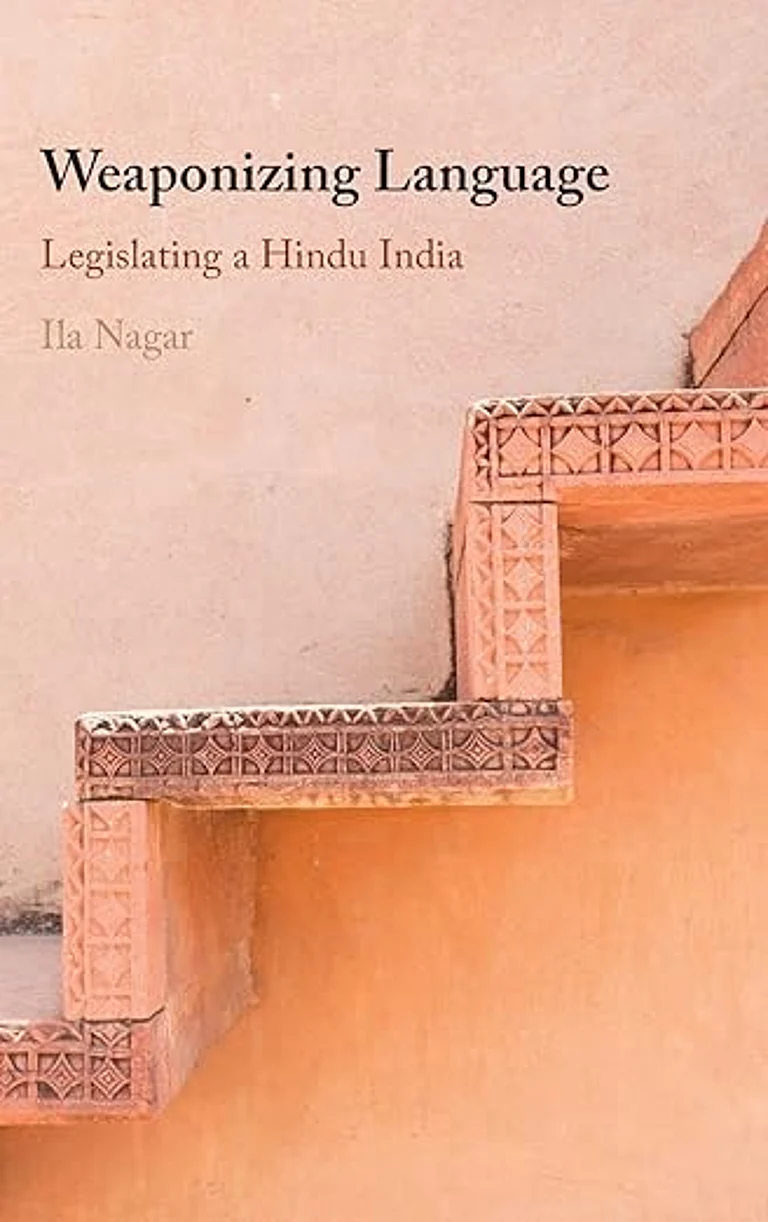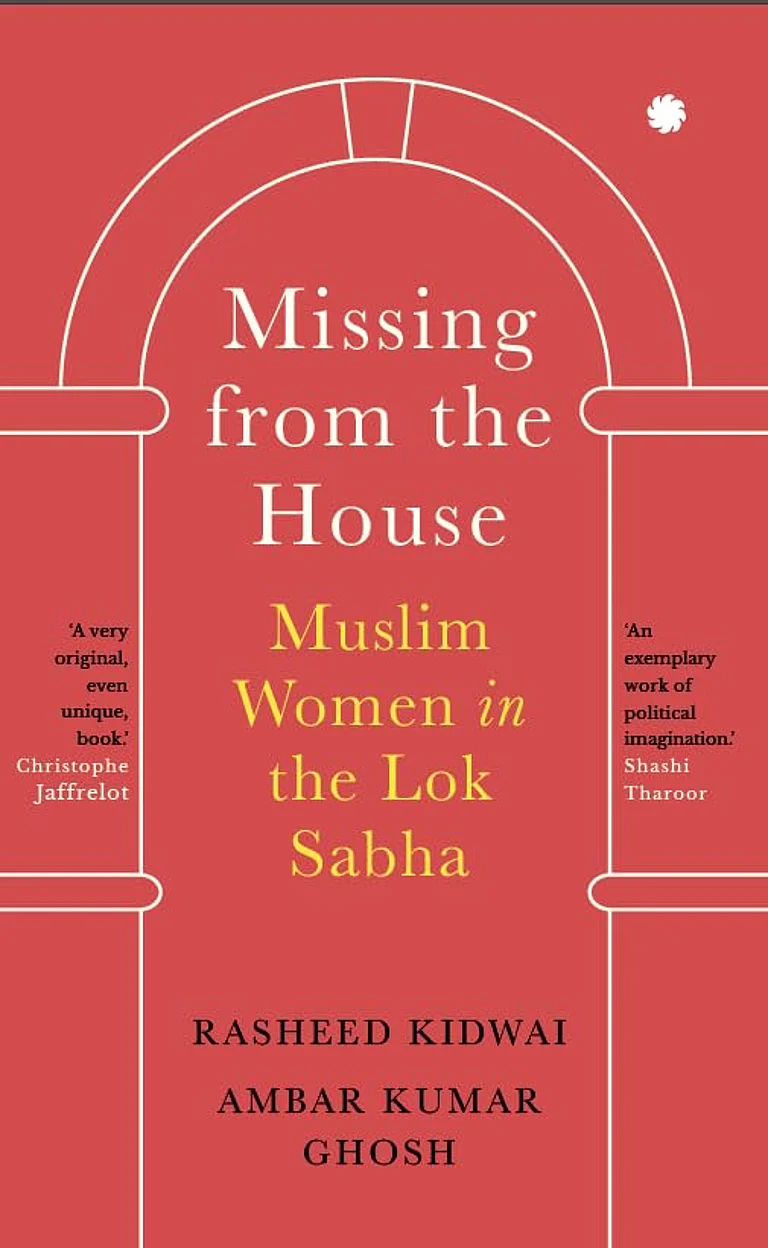
Summary of this article
Farid Khan exposes the everyday struggles of being Muslim in post-2014 India.
Jerry Pinto’s translation preserves the emotional truth and rhythm of Khan’s Hindi voice.
The book is a courageous, lyrical exploration of alienation, faith, and fragile belonging.
Farid Khan, a screenplay writer in Mumbai, grew up in Patna and yet when he calls himself a Bihari, he is reminded, “Only Hindus are Biharis,” by his friend. It was not the first time he realised that a Muslim is a Muslim first before he is anything else. He has no other identity, he is almost cultureless.
One of the recurring themes in the book is the weight of stereotypes, as observed by Khan. Every single thing that a Muslim did – whether it was wearing a skull cap or a certain kind of beard, or praying five times a day or eating beef or marrying a Hindu – was now under tight scrutiny. In this climate, Farid Khan’s Stranger in My Own Land: A Muslim in India after 2014 is an example of extreme literary courage and a testament to the power of voice. Translated with much love and finesse by Jerry Pinto, the book actually helps you see the world through Muslim eyes - and see that “Something is definitely rotten in the state….” as Naseeruddin Shah aptly says in his foreword.
Living in a time in India where being a Muslim can invite suspicion, discrimination, or worse, alienation, Khan’s ordinary life growing up in Patna as a Muslim is a microcosm of the Indian Muslim experience in a Hindu Rashtra. The book methodically dismantles stereotypes, documents everyday prejudice and calls for empathy in a time of increasing polarization.
“So from where did this poison appear? Or were the seeds of hatred planted during partition slowly germinating all the while?”, Naseeruddin Shah asks in his foreword.
Khan’s narrative captures what it means to live with dissonance between self and society—a feeling that crosses religious, linguistic, and geographic boundaries. For someone who was constantly reminded by his bhakt friends “Your forefathers were all Hindus”, he is in a state of constant unbelonging or justified belonging. His prose—in turns stark, lyrical, and deeply rooted in the rhythms of everyday speech—confronts questions of belonging, estrangement, and the quiet burdens of identity and highlights the emotional and political challenges faced by minorities in India today.
Pinto does not smooth over these textures; instead, he carries them across into English with a fidelity that allows Khan’s cadences to be felt even in another language. The result is a work that feels both local and universal, tethered to its cultural soil yet speaking to anyone who has wrestled with the sense of being out of place in one’s own home.
Pinto’s translation opens a door, but it is Khan’s Hindi voice that fills the room—haunting, questioning, refusing easy answers. In giving this work to new readers, the translation makes clear that its themes of alienation and fragile belonging are not confined to any one language or community. They are, instead, part of the human condition, and it is Khan’s literary courage, carried across by Pinto, that makes them unforgettable.
In his story-telling, deeply rooted in the rhythms of everyday speech, Farid is both observer and participant, confronting questions of belonging, alienation and the quiet burdens of identity. His voice is haunting, questioning, refusing to accept easy answers, often like that child who keeps asking “but why?” and whose curiosity comes from a depth of understanding.
This therefore is an important work of translation – and Pinto allows every emotion to travel from the original work. Khan’s questions arise from politics but go beyond mob lynchings, love jihads, conversions, beef bans or go-to-Pakistan or won’t-rent-to-Muslims or CAA or NRC or terrorist-until-proven-otherwise. At its core is the question of whether being a minority means living in constant fear. And while it’s fitting that the Khans rule Bollywood, it’s the ordinary Muslim whose voice is lost. Farid Khan is that voice.
Jerry Pinto is its wings.


























